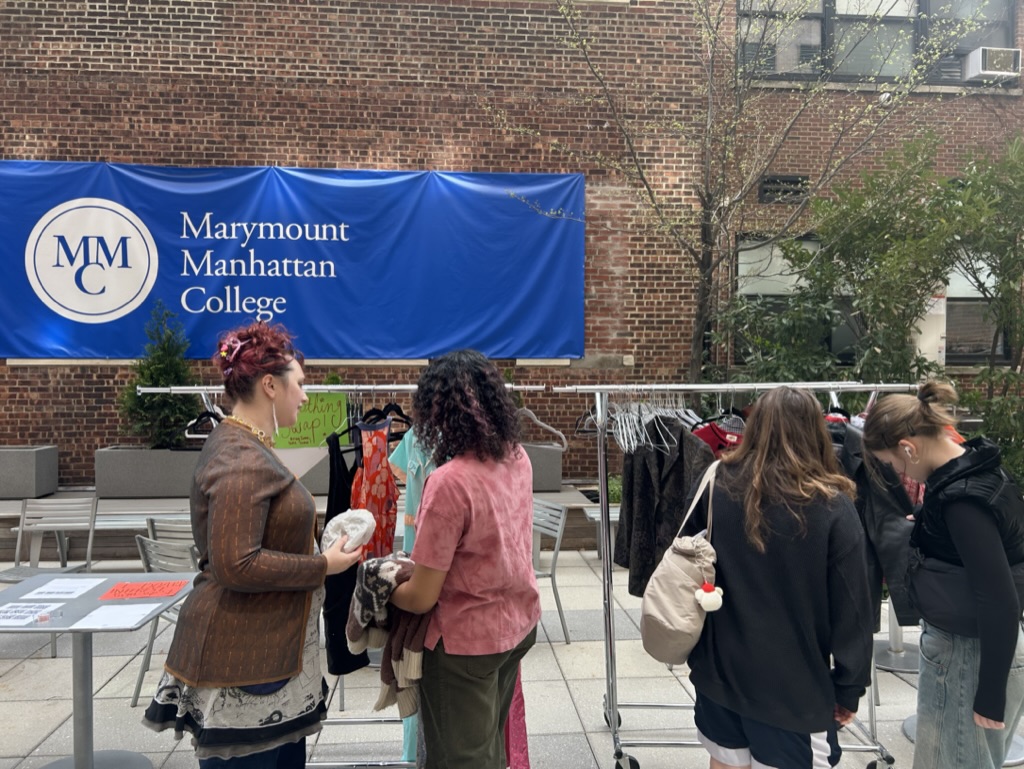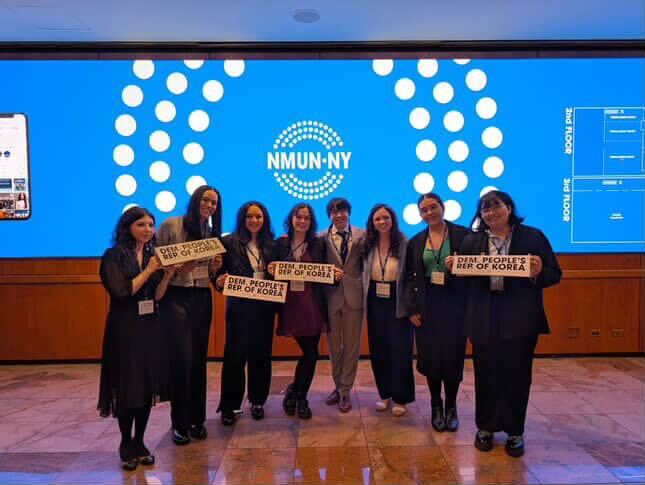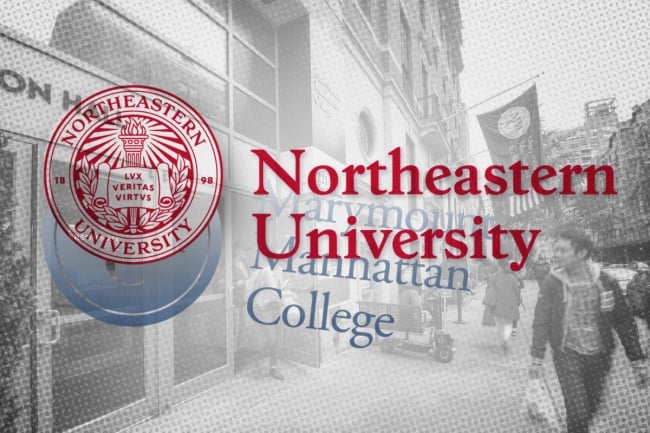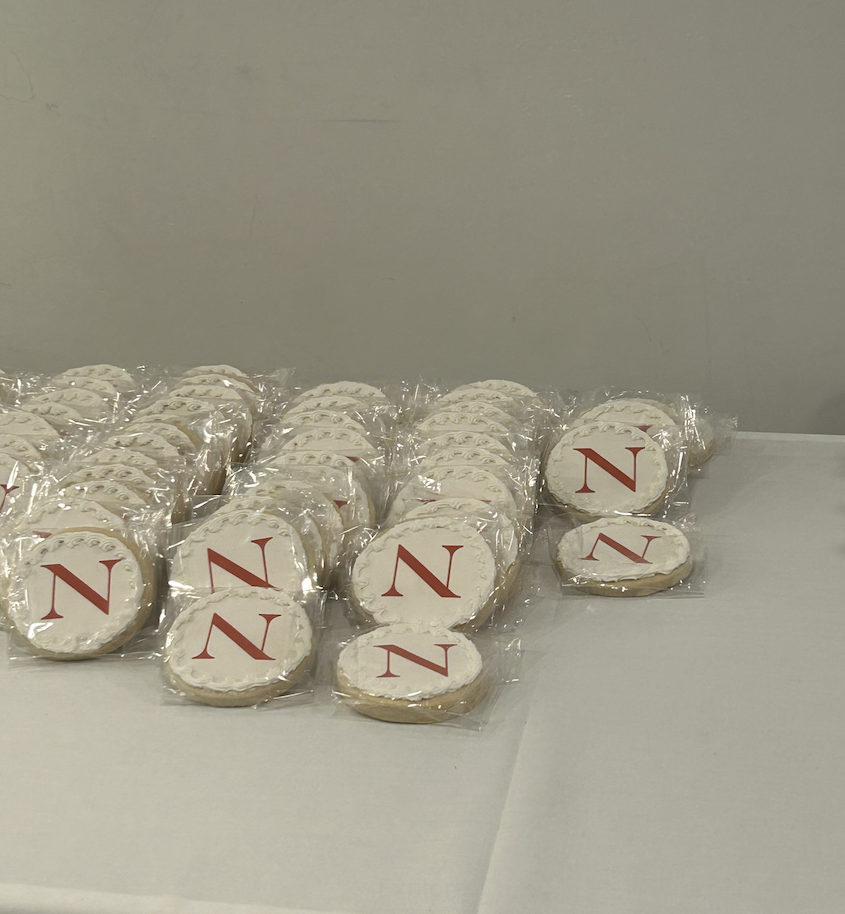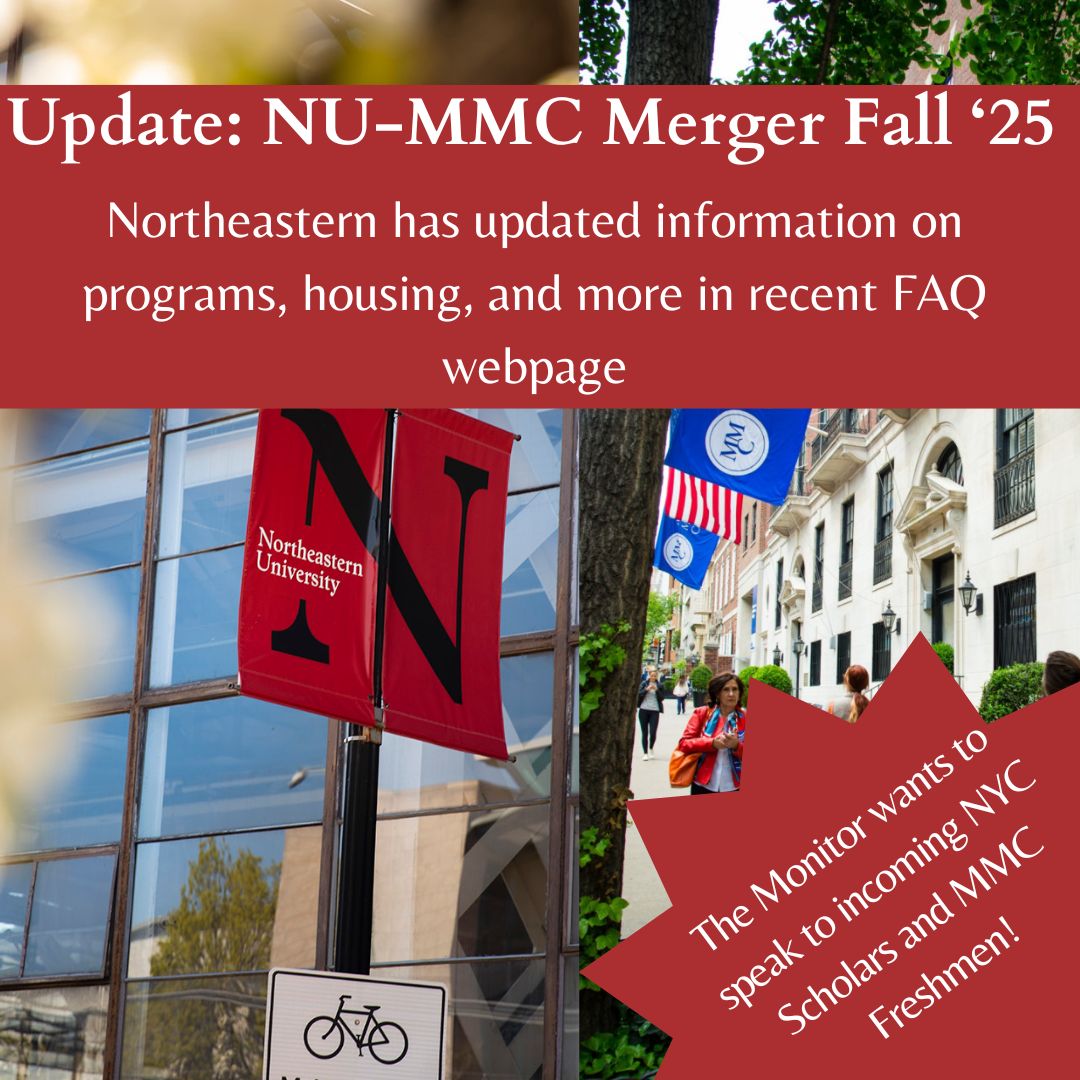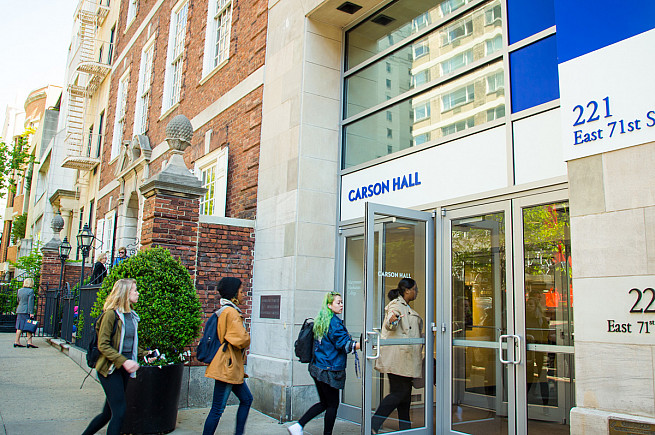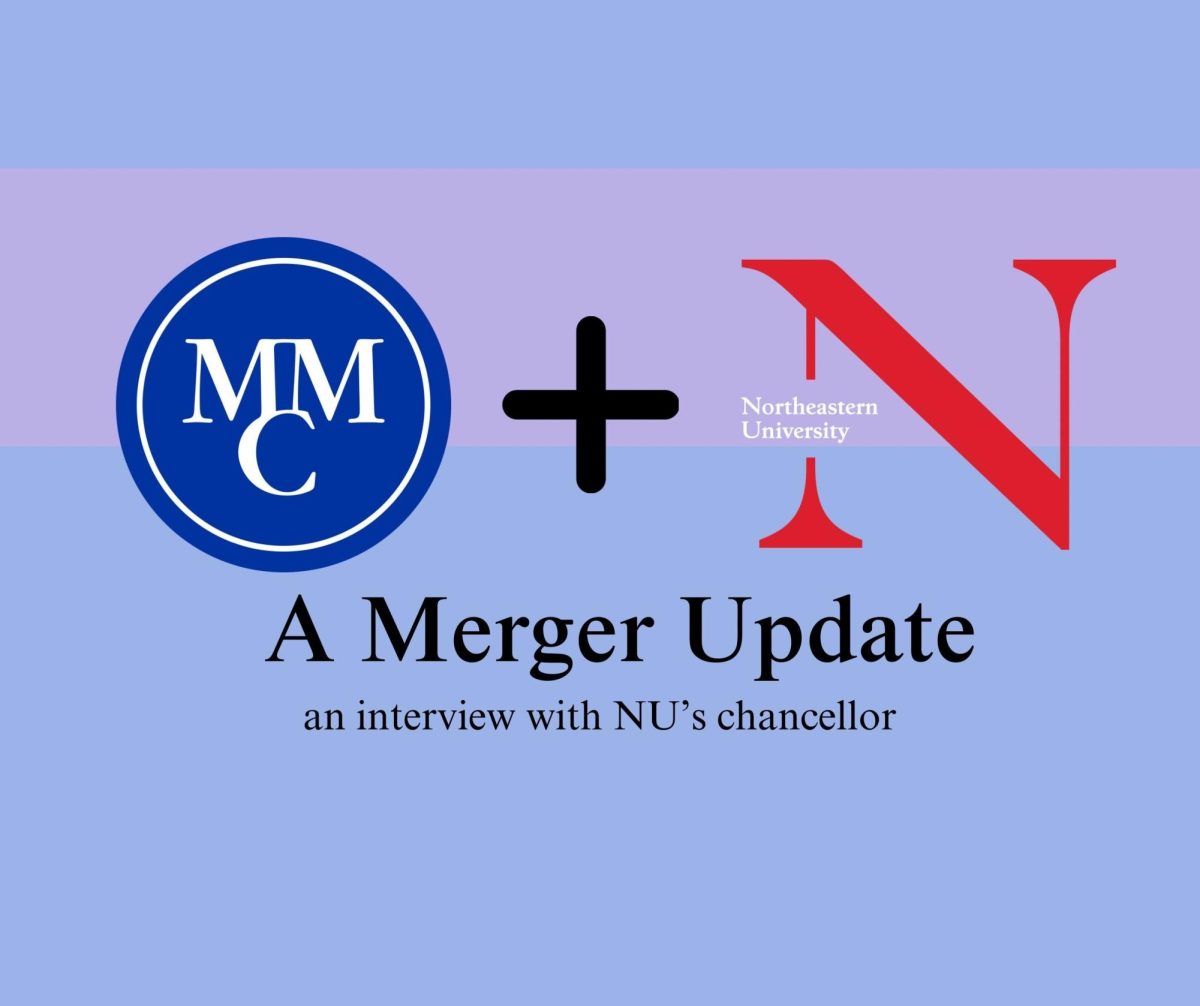As the 2024-2025 school year comes to its fourth quarter, students are beginning to look into the year ahead. While graduating seniors are putting their career explorations at the front of their priority book, freshmen, sophomores, and juniors are prepping for the remainder of their academic careers. Repeating on loop are the questions: what classes do I want to take next year and what classes do I need to take next year? Typically what follows is: Can I even wake up at 8 am? Will 3 dance classes in one day kill me or will it free my friday…? How much will this class on Taylor Swift aid in preparing me for my role in a Shakespearean tragedy? This year Marymount Manhattan students have a whole new set of questions they are asking. Will my major exist next year? What new requirements will I have when the merger is complete? Am I going to continue to have my faculty relationships? Although there are not answers to every question yet, The Monitor is dedicated to helping answer these important academic questions. We attended various Northeastern Academic Sessions hosted at Marymount Manhattan College led by Northeastern Professor Jane Amidon.
One of the key elements of the Northeastern merger is their Adoption and Adaptation model. This model seeks to make the most efficient use of already existing programs and academic features that Marymount Manhattan already has. Through adaptation NU will be finding similar building blocks within program curriculums to transition requirements from MMC to NU. For example, the NU International Affairs program aligns very similarly in its goals and curriculum with MMC’s International Relations program. By adapting the IR classes at MMC to NU’s program requirements, both institutions will have to undergo much less change and many if not most of the classes at MMC will remain the same. This aspect of the transition allows for students who are already on track within their major to remain on track post-transition. NU will be using the adoption model for many of MMC’s valuable performing arts programs. As programs such as the BFA in Dance do not exist yet at NU, they will adopt the program as is with the curriculum that is set. This ensures performing art students the opportunity to continue on with their intended studies.
Marymount Manhattan’s classes exist on a 3-credit scale while Northeastern’s are on a 4-credit scale. This creates discrepancies in credit requirements for each major. The adaptation model however should account for this allowing the number of credits students possess to increase if their course requirements match.
It was suggested that beginning in Fall ‘25 MMC would begin to provide more course offerings that align with NU requirements such as language, which NU requires three courses of for BA students. As this is not a MMC requirement, it is unclear whether this will become a requirement for MMC students post-merger. Currently, MMC students are only being offered one, elementary level language course in both French and Spanish.
For those studying multiple disciplines Northeastern offers an alternative to double-majoring called combined majors. Combined majors essentially use the “double-dipping” concept in official curriculum building. Currently, double-dipping provides students an opportunity to take classes that fulfill both of their majors requirements. This is most commonly seen in correlated degrees such as two liberal arts or two STEM majors. Combined Majors at NU build students schedules with double-dipping within. A traditional double major may require 50 credits for each major adding up to 100 credits, however under a combined major the same student could complete their degree with only 80 required credits for both areas of study. This will provide students the opportunity to study two disciplines while also having more room for electives.
Another opportunity that NU will be bringing to NYC is their co-op program. The co-op allows students to take typically 6-months off of school to work full time in a professional setting. Although co-ops are not eligible for credit, its intent is to help students build real world skills. As NU adopts new majors such as Musical Theater the opportunity for co-op may extend to new bounds and create the time for students to continue their studies while being in a production. Although the co-op extends graduation dates for students, for some it is worth it as 58% of students are offered jobs from their co-op employers.
For many students, the benefit of going to a small liberal arts college is the intimate environment. A lack of lecture halls and small class sizes creates a setting for close student-faculty relationships. While Northeastern boasts a 15:1 student to faculty ratio compared to Marymount’s 11:1, NU representatives made sure to guarantee a class size cap at 18 after the merger. In relation to faculty, MMC announced they are hiring for various STEM positions. Marymount’s Stephen Eichinger noted that “All Fall 2025 courses will be taught by MMC faculty. MMC faculty will be instructing MMC and Northeastern students,” however it is expected that “there will be some classes in engineering, computer science, and math that only NU students take.” It was noted that with the addition of classes spaced within a walking distance to MMC may be rented.
In a similar contrast, many students brought up questions on the cost of attendance at the Academic Sessions. The cost of attendance at Marymount Manhattan College is $67,961 contrasted with the $85,260 for the NU NYC Scholars Program, which does not allow federal or state financial aid. Representatives from NU clarified that there would be no increased cost of attendance for MMC students post-merger except average yearly increases. However, students will also be unable to appeal for increased financial assistance from the university. Students’ only opportunity for additional financial aid will be during NU summer abroad sessions, where financial aid is separately calculated.
Students may be ready to quickly scan the MMC course bulletin, which opens April 1st, and compare it with NU program requirements. It is not yet clear how classes will transfer, what new requirements will be added, and how majors will shift. Still, MMC students are encouraged to build their Fall ‘25 schedules as usual as further merger advising has yet to be announced.



